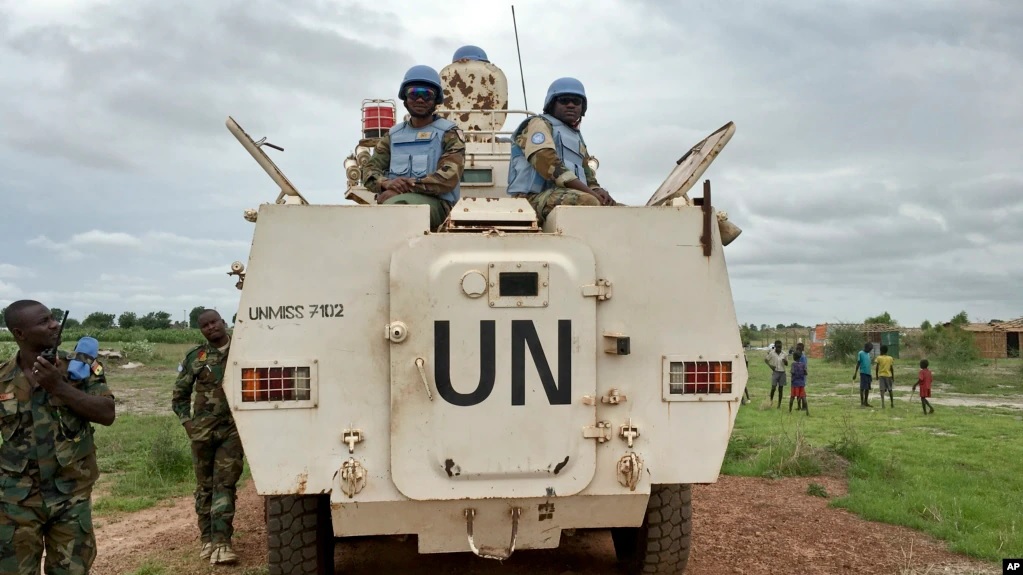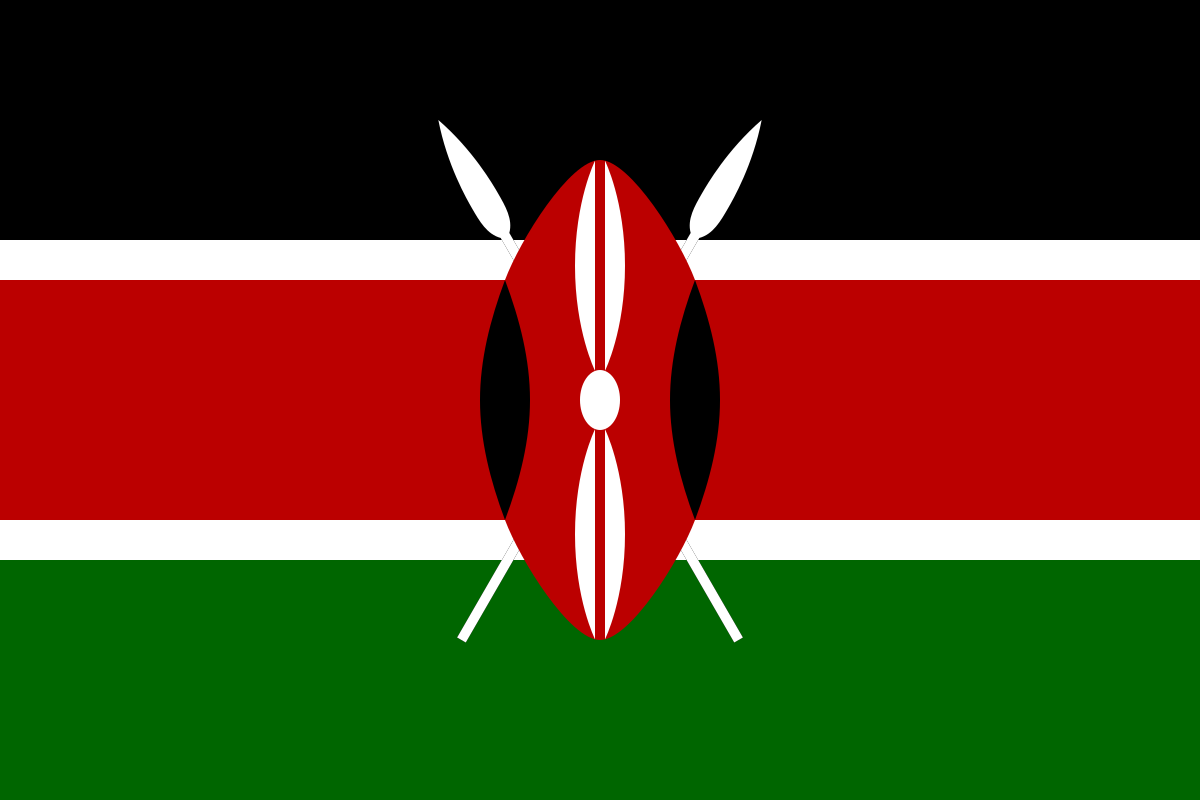Peacekeepers from the United Nations Mission in South Sudan (UNMISS) provide security in Bentiu, South Sudan, June 18, 2017. Photo AP
JUBA, SOUTH SUDAN — A United Nations rights commission in South Sudan says the government is harassing activists, journalists and their families, limiting their activities, and targeting their work and finances.
In a statement of "concern" issued this week, the United Nations Commission of Human Rights in South Sudan said the pattern of harassment is impeding the already slow pace of achieving peace among feuding factions and stifling public opinion crucial to achieving democracy.
“Civic space in South Sudan is eroding at the accelerating pace, undermining efforts to achieve a sustainable peace,” said Yasmin Sooka, the commission chairwoman.
The government slammed the statement, with a spokesman saying the commission was spreading untruths,
“This U.N. Human Rights Commission, who is monitoring them?" asked Michael Makuei, South Sudan's information minister. "Who is supervising them? They just sit in their offices here in Juba and they write because they must write something controversial to prove that they are doing their job, so that they continue in their job."
The commission blames government security officers for a continuing crackdown that it says has forced some prominent activists to flee the country.
The commission says those include James David Kolok, a member of the technical committee to conduct a consultative process on truth, reconciliation and healing, and Wani Michael, who has acted as a youth representative on the national constitution amendment committee.
Andrew Clapham, one of the commissioners, said the government’s targeting of high-profile human rights defenders “will have a chilling effect on civil society, and will discourage public participation.”
He said government actions will undermine confidence in the work on transitional justice, framing a constitution, and setting up national elections, which Clapham said are essential to the success of the transition set out by the 2018 Revitalized Peace Agreement.
The commission says the latest restrictions and acts of harassment began after the creation of the opposition Peoples Coalition for Civil Action in July.
The security clampdown accelerated after a planned nationwide government protest in August fizzled amid what activists say was an intentional internet outage and warnings from security officials of serious consequences against organizers if the demonstration happened.
Since then, some activists say their phone service has been disrupted and bank accounts frozen and journalists say they have been increasingly harassed.
A key parliament member recently said that journalists should be restricted in covering the newly formed parliament.
Agents also detained a government broadcaster after he allegedly declined to report news about recent presidential decrees on the South Sudan Broadcasting Corporation airwaves.
In addition, three journalists recently were detained and a radio station was closed as the government clamped down on the August protests.
Government spokesman Makuei says the government could not allow the planned protests by the PCCA, which he described as “enemies.” - Waakhe Simon Wudu, Voice of America








